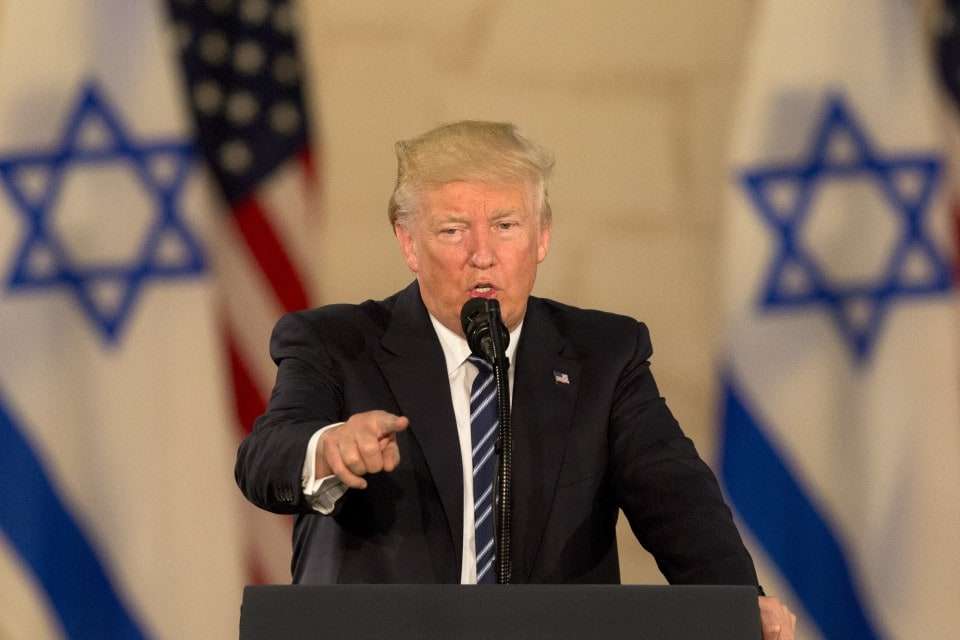The Volokh Conspiracy
Mostly law professors | Sometimes contrarian | Often libertarian | Always independent
Trump's trouble in justifying a waiver of Jerusalem Embassy Act

News reports today suggest that President Trump will exercise his waiver authority under the Jerusalem Embassy Act for the first time, delaying an opening of the U.S. Embassy to Israel in that country's capital for six months.
The CNN report suggests the waiver, a reversal of his campaign promises, would be motivated by concern that moving the embassy could "prejudice" a diplomatic process between Israel and the Palestinian Authority that Trump hopes to broker. The problem is that the the Jerusalem Embassy Act provides that State Department budgets must be severely cut unless the president issues a waiver, and the reasons for waiver are limited, essential national security considerations. The considerations mentioned by CNN's sources (and others) are diplomatic, not security ones.
On the other hand, if the White House does issue a waiver on national security grounds, it undermines the peace process. A basic assumption of any of the conventional "two-state solution" models is that Israel's security would be guaranteed by U.S. commitments. But if the White House is unwilling to put the embassy in Israel's capital because of vague threats of terror, it proves that there is no chance it would actually put its forces in harm's way if needed to come to Israel's aid, should the Jewish state be attacked after a peace agreement. In such a case, the threats of retaliation against U.S. targets would be more vocal, salient and real.


Show Comments (0)